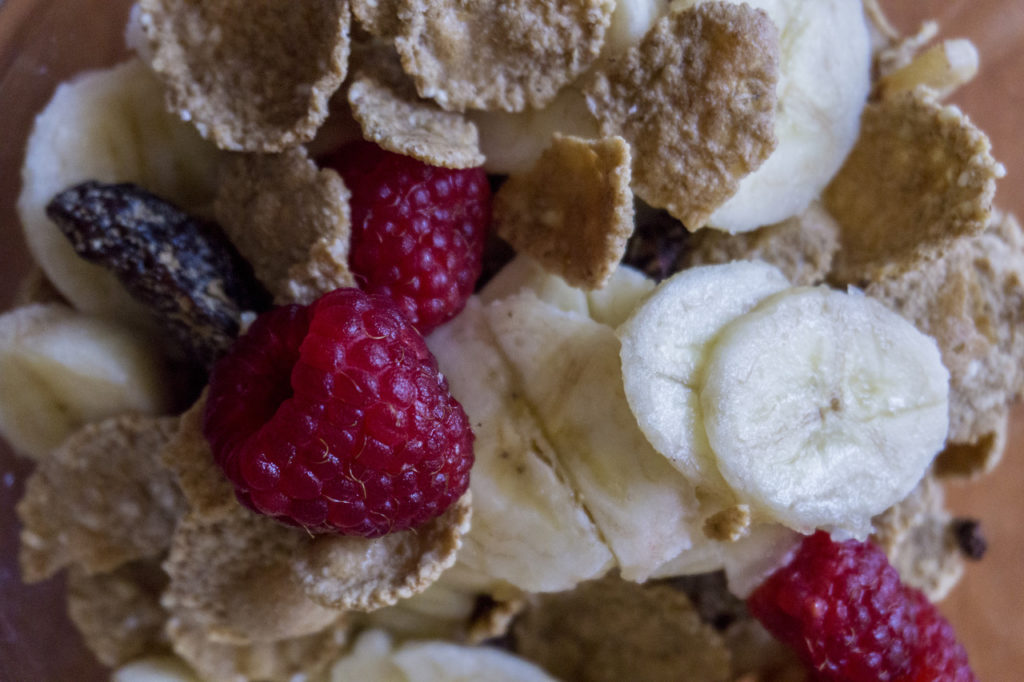Having just watched the Webinar How the Brain Blocks Weight Lossby Susan Pierce Thompson, PhD and author of Bright Line Eating: The Science of Living Happy, Thin and Free, it is clear to me now that all the diets in the world are not going to help our quest to regain our health when we have eaten our way into disease.
According to the New England Journal of Medicine, obesity is a global pandemic, doubling since 1980 in 73 countries around the world. Today, over 700,000 millionpeople are overweight and 108,000 million children are overweight.
When we consume highly processed foods that are laden with sugar it affects the addiction center of the brain and causes the brain to release feel good hormones making you want more of what you just ate.
This is called food addiction. And unfortunately, willpower isn’t always the answer.
Willpower (or self-control) is a measureable brain function located in the pre-frontal cortex of the brain. Glucose is our body’s fuel for energy and the brain requires it for thinking, learning and memory. When you exert your willpower to follow a diet of no sugar or processed foods, this action uses a considerable amount of glucose, leaving your brain in a state of alert trying to get back to normal blood sugar levels. This drop in blood sugar will normally leave you feeling cranky, moody and more prone to driving to the local bakery to get a sugar fix.
Knowing willpower may not be the answer, here are some tips to rewire your thinking and get out of the pleasure trap of food.
- Create a habit of eating healthy foods so it becomes automatic and without thought. Stop letting your prefrontal cortex decide when your low blood sugar is causing cravings. Switch your food focus to the basal ganglia where habits are formed.In other words, eating will become automatic based on those habits and won’t require any other invading thought that might want you to eat junk food instead.
- Remove temptations by creating an environment that supports healthy eating. Since the Standard American Diet is unhealthy and leads to food addiction, dispose of all the junk food from your house and restock with whole, natural, organic, grass-fed, free range, farm-to-table foods so you won’t be tempted. Just like a recovering alcoholic is at risk by going into a bar, stay away from food locations that don’t support your healthy eating efforts. And that includes staying away from all the junk food that is peddled in the break room at work!
- Plan your meals and snacks ahead of time. Don’t get caught off guard and try to make healthy decisions when you are hungry. Your willpower is non-existent at that time. Prepare for the week by scheduling a day (like Sunday afternoon) for food shopping, menu planning and cutting up food for the week. Also pick another day mid-week to do the same thing. Prepare lunches and snacks at home that you can take to work so you won’t be sabotaged when you get there.
These are just a few of the solid solutions to retrain your brain into eating for health and life. Please share how you are retraining your brain to manage today’s eating challenges.
Carol Ebert is a nurse and experienced wellness specialist who knows how to successfully coach “busy” business leaders to achieve optimal health, life balance and avoid burnout. Carol serves as a role model for healthy aging and delivers award winning wellness initiatives that change people’s lives.

